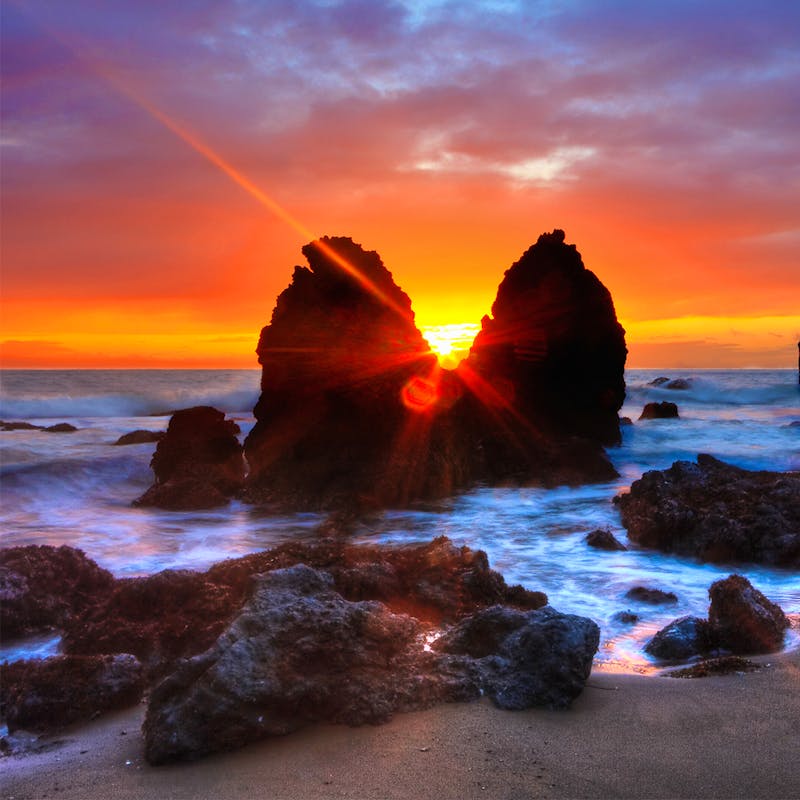Last week Gov. Jay Inslee finalized the state’s fiscal year 2020 operating budget, allocating urgent funds for the COVID-19 pandemic response. But human communities were not the only ones to receive a lifeline – several imperiled wildlife across Washington will also get support this coming year.
The legislature allocated $27 million to the Washington Department of Fish and Wildlife (WDFW), which has been struggling to provide services and support programs due to budget shortfalls since the 2008 recession. Forced to cut programs over the last decade, the agency often eliminated those that supported endangered wildlife. And with fewer and fewer Washingtonians hunting and fishing, the revenue from hunting and fishing licenses alone can’t support these programs.
While Defenders may disagree with the department on specific policy issues, we largely support WDFW’s work and believe its effectiveness has been limited by a lack of adequate funding. Now the agency can create new and expanded programs to help recover Washington’s endangered species—specifically orcas, salmon and wolves.
Southern Resident Orcas
• The budget funds a full-time orca recovery coordinator position for fiscal year 2021. Given the complexity and diversity of issues affecting the long-term survival of endangered southern resident orcas, it’s important that the various state agencies working to recover orcas are in sync. This recovery coordinator will oversee these various efforts and drive the state toward recovery goals.
• Funding allows WDFW to purchase two new patrol boats and expand on-water patrols to protect orcas. Boaters must abide by federal regulations to keep a wide berth and go slow around orcas. This reduces disturbance from noise and keeps everyone safe. It also allows the department to better enforce regulations and educate boaters about the importance of being Whale Wise.
Pacific Salmon
• The state budget directed WDFW to finalize a report by December 2020 on switching the state’s habitat mitigation standards from one of “no net loss” to one of “net ecological gain.” Currently, developers and project proponents must offset damage to the environment to ensure no net loss of habitat function or area. Not only is this current standard not being met, but salmon scientists say more is needed to recover salmon to ecologically relevant or harvestable levels. To uphold our obligations under various treaties with tribes, support recreational and commercial fishing businesses, and ensure plentiful food for southern resident orcas, the state must substantially accelerate salmon habitat restoration efforts in rural and urban environments.
• The legislature allocated funding for assessing fish passage barrier removal projects. Our state’s official marine mammal, the southern resident orca, is on the brink of extinction, primarily due to a lack of its preferred prey: chinook salmon. Chinook and other Pacific salmon runs have collapsed throughout the Northwest for several reasons, but the most egregious is the blocking of rivers and streams by dams, culverts, dikes and other infrastructure. Under a recent Supreme Court ruling, the state must remove and/or replace many of these barriers to fulfill its treaty obligations with tribes throughout the region. As the state moves to correct these barriers, it must also correct those passage barriers that most impact salmon runs.
• The final budget directs the department to identify barrier removal and correction projects that would have the greatest benefit for southern resident orcas. This assessment will provide a more holistic picture of all barriers, from small culverts to large dams, that are impacting orcas’ food supply and will identify the removal projects that would result in the greatest restoration of salmon and access to habitat.
Gray Wolves
• The Washington Department of Agriculture received increased funding for more range riders in the Kettle Mountains of Ferry County, allowing the agency to expand its range riding program with enhanced accountability and reporting measures. Defenders has long supported efforts to reduce wolf-livestock interactions, and we firmly believe that ranchers and wolves can share the landscape. Range riding is a key tool to achieve this vision of coexistence.
Given the public health and financial crises caused by the COVID-19 pandemic, Governor Inslee made several vetoes to the 2020 operating budget passed by the state legislature. As Governor Inslee stated, these vetoes were difficult to make, but the rising cost to contain the spread of COVID-19 and respond to urgent public health needs made them necessary.
Fortunately, most of our priorities were not vetoed, and we thank the Governor for recognizing the need to invest in our wildlife, land, and water. Unfortunately, WDFW will not be able to hire staff that would have provided technical assistance to landowners for restoring their shorelines. Shoreline habitat is extremely important for salmon, which feed endangered southern resident orcas. We were disappointed to see this program cut, but we look forward to working with the Governor and the legislature next year to find additional funds to support this work.
For over 75 years, Defenders of Wildlife has remained dedicated to protecting all native animals and plants in their natural communities. With a nationwide network of nearly 2.1 million members and supporters, Defenders of Wildlife is a leading advocate for innovative solutions to safeguard our wildlife for generations to come. To learn more, please visit https://defenders.org/newsroom or follow us on X @Defenders.
Media Contact
News

Colorado Announces No Wolf Release This Winter




